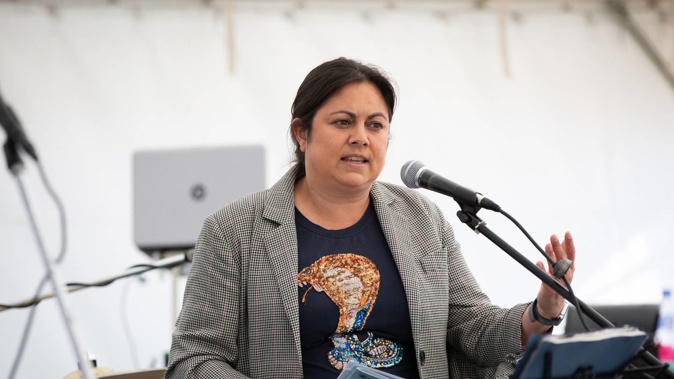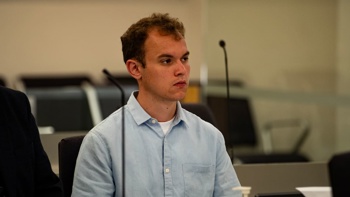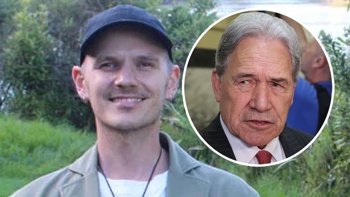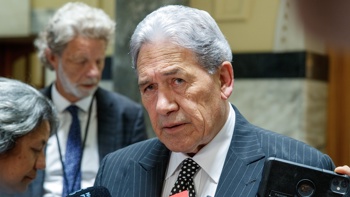
A bill described as "world-leading" to ban the next generation from smoking tobacco cigarettes is up for its first debate in Parliament today.
Announced last year, the legislation will mean anyone born on or after January 1, 2009, will never be able to purchase tobacco products.
It is part of a push to drop daily smoking rates to less than five per cent across all population groups by 2025. In 2019/20 it sat at 13.4 per cent.
About 14 people die a day due to smoking, with Māori disproportionately impacted.
The bill already has the backing of the vast majority of MPs - Labour introducing it, with National, the Greens and Te Pāti Māori all pledging to support it, albeit with some concerns.
The sole voice opposing it outright is the Act Party, with health spokeswoman Brooke Van Velden saying prohibition won't work and will only fuel a black market.
Such critics say it will likely fuel an already-growing black market for cigarettes and more support is needed for people to transition to vaping.
The Ministry of Health's regulatory impact statement says there is already a growing illicit market and the policy changes were "likely to exacerbate this".
"Customs will need more resource to enforce border control," the advice says.
The ministry was currently researching the size and nature of the market so any effects can be measured once the action plan takes effect, the advice says.
There were also concerns about potential social harms of people unable to access their usual level of tobacco and nicotine: "Exacerbated anxiety, self-harm or violence to families, use of other drugs or alcohol, and resorting to the black market are all risks".
Meanwhile, advocates and health experts have hailed the legislation as "world-leading" and a significant step to reducing preventable death and disease and reducing health inequities in the next few years.
The Government aims to pass the bill by December, meaning all going to plan those aged 14 in 2023 will be banned from purchasing tobacco.
The new laws will also mean only smoked tobacco products containing very low-level nicotine will be able to be sold.
Verrall has said current measures to achieve the Smokefree 2025 goal of reducing smoking overall to five per cent of the population had not worked.
Price hikes have been credited with general falling smoking rates, with steady annual increases seeing a pack of 20 now costing at least $33.
Modelling showed smoking rates were projected to only reduce to 8.1 per cent by 2025 for non-Māori and 20 per cent for Māori.
The current smoking rate of New Zealand adults was 13.4 per cent in 2019/2020, which has decreased from 16.6 per cent in 2014/15 15 and from 18.2 per cent in 2011/12.
For Māori it was 31.4 per cent in 2019/20, which has decreased from 38.1 per cent in 2015/15, and 40.2 per cent in 2011/12.
Māori women are the worst affected, with lung cancer mortality four times that of non-Māori and among the highest rate in the world.
The Green Party and Te Pāti Māori have indicated they will support the bill but both have some concerns around the impacts of prohibition.
National has said it will support the bill at first reading but has some concerns.
Take your Radio, Podcasts and Music with you









